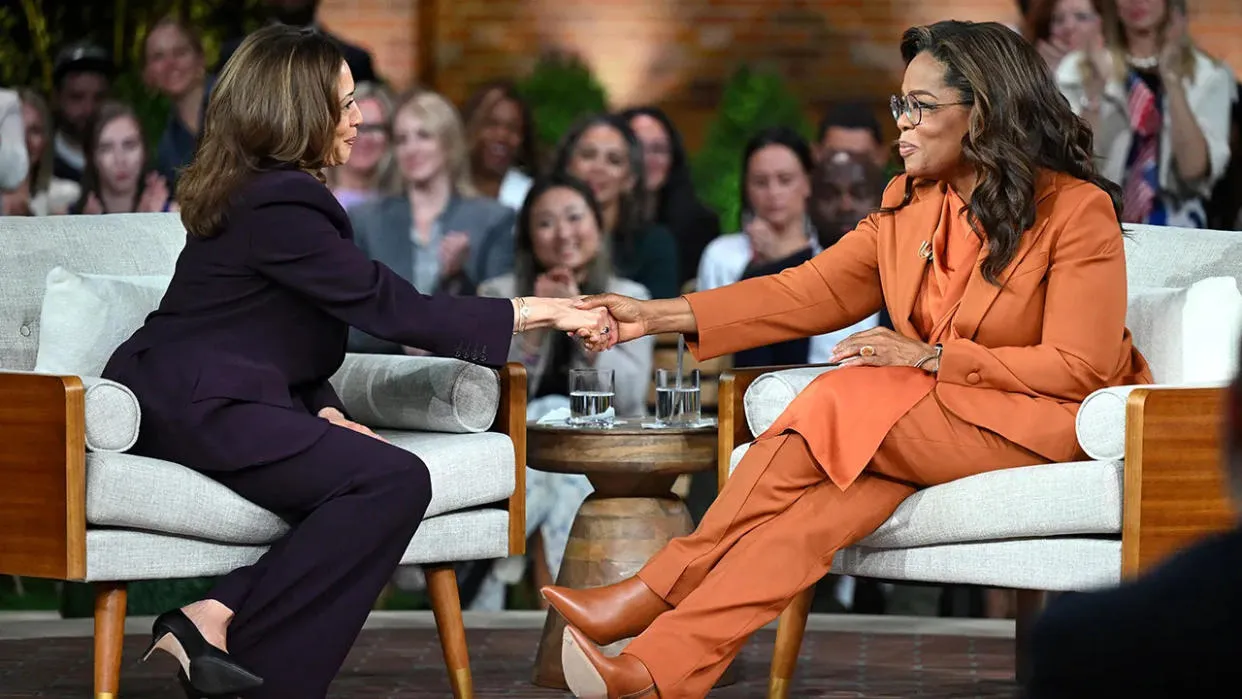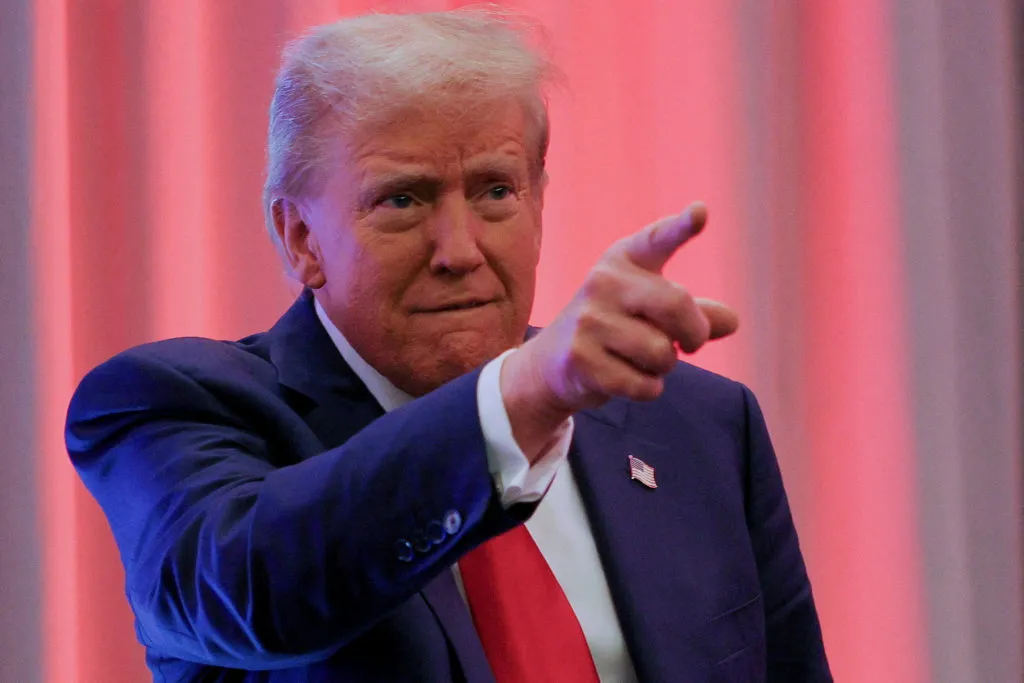
A new report has unveiled that Vice President Kamala Harris' presidential campaign paid far more than previously disclosed for the Oprah Winfrey town hall event.
According to Federal Election Commission (FEC) filings obtained by the Washington Examiner, Harris' campaign made two payments of $500,000 each to Winfrey's Harpo Productions on October 15. However, sources have now told The New York Times that the total cost of the event was closer to $2.5 million.
The town hall with Oprah was initially intended as a high-profile effort to boost Harris’ visibility during her 15-week campaign. The event took place a month before the pair appeared together at a Harris rally in Philadelphia. While it garnered attention, it is now under scrutiny for its significant financial burden.
Harris' campaign reportedly spent an eye-popping $1.5 billion overall—equating to approximately $100 million per week. Despite this, the campaign failed to secure a victory and left the Democratic Party $20 million in debt.
Democratic donors, already frustrated by the campaign’s outcome, have reported receiving repeated fundraising requests as the party grapples with this financial fallout.

The campaign's extravagant spending has become a focal point of criticism. According to the Times, nearly $9,000 was spent on high-end ice cream from brands like Sweet Lucy's Ice Cream and Jeni's Splendid Ice Creams. Additionally, around $15,000 was used on food delivery services such as Uber Eats and DoorDash from July until early November.
Travel expenses were another major cost. During a two-week period in October, Harris’ team spent $2.6 million on private jet travel alone. In the final week of the campaign, $900,000 was spent reserving ad space on the Las Vegas Sphere, a digital advertising venue. Despite the effort, Harris lost Nevada by three percentage points.
A large portion of the campaign’s budget reportedly went toward celebrity appearances, performances, and partnerships with influencers to amplify campaign events. Oprah Winfrey, whose involvement was seen as a significant endorsement, has denied receiving any personal payment.
When confronted by TMZ, Winfrey stated she "was paid nothing" for her participation. A spokesperson for Harpo Productions later clarified to Variety that the payments received from Harris' campaign were strictly for "production costs."
"Oprah Winfrey was at no point during the campaign paid a personal fee, nor did she receive a fee from Harpo," the spokesperson emphasized.
Critics have questioned the effectiveness of these expenditures, given the campaign’s ultimate failure to gain traction. With mounting debt and growing dissatisfaction among donors and party members, the fallout from Harris’ campaign spending highlights the challenges facing the Democratic Party as it looks ahead to future elections.
While high-profile events like the Oprah town hall were intended to elevate Harris’ campaign, the financial and strategic decisions surrounding them now raise questions about the priorities and management of the campaign’s massive budget.
The Democratic Party faces the difficult task of addressing this fallout while preparing for a crucial election cycle.

